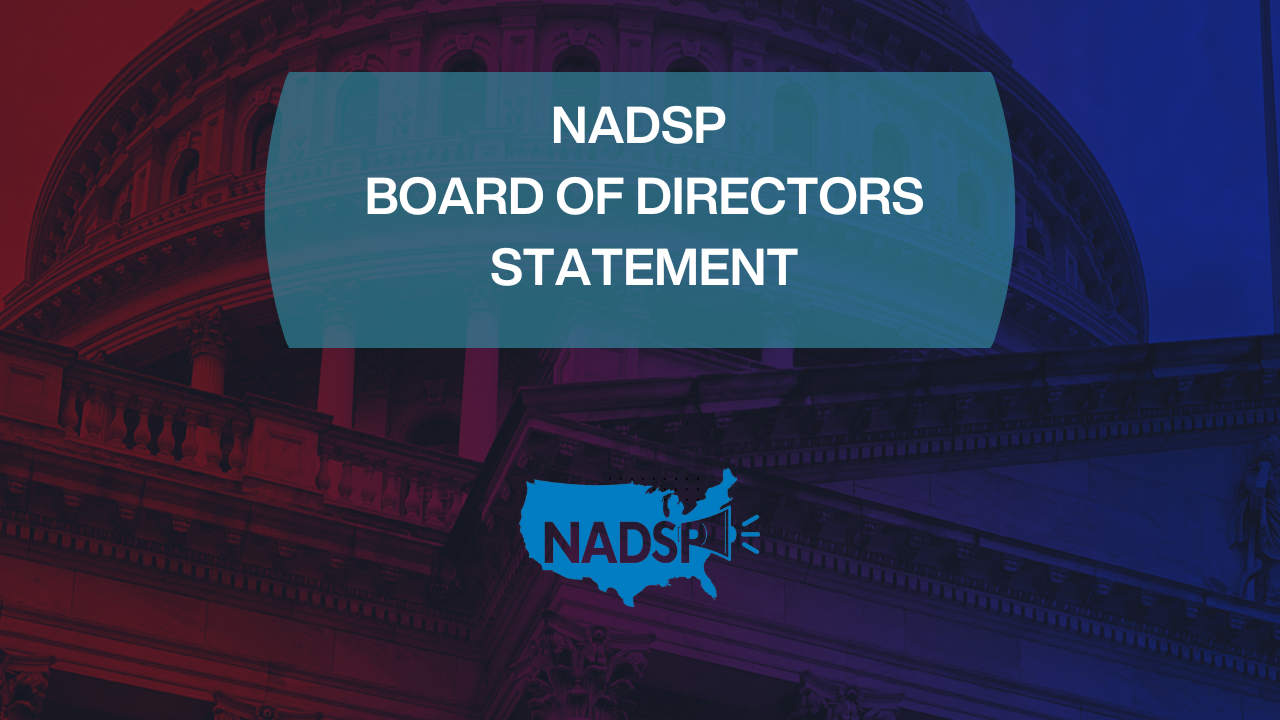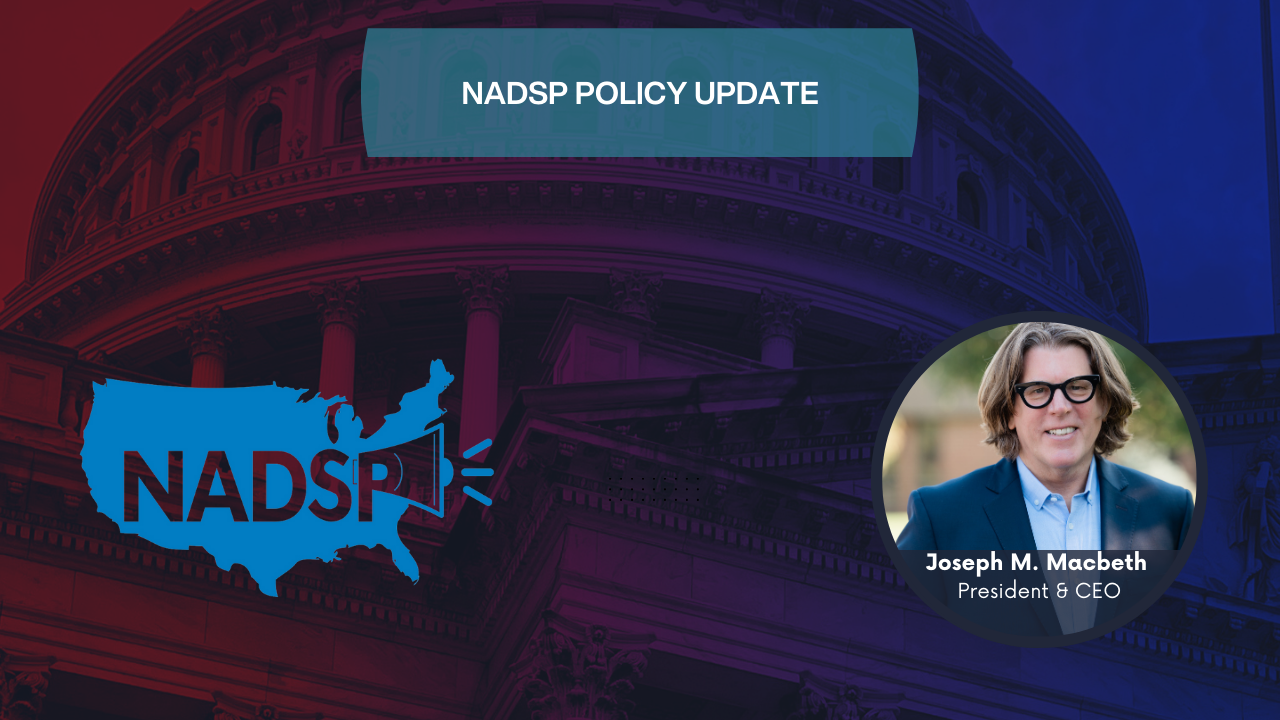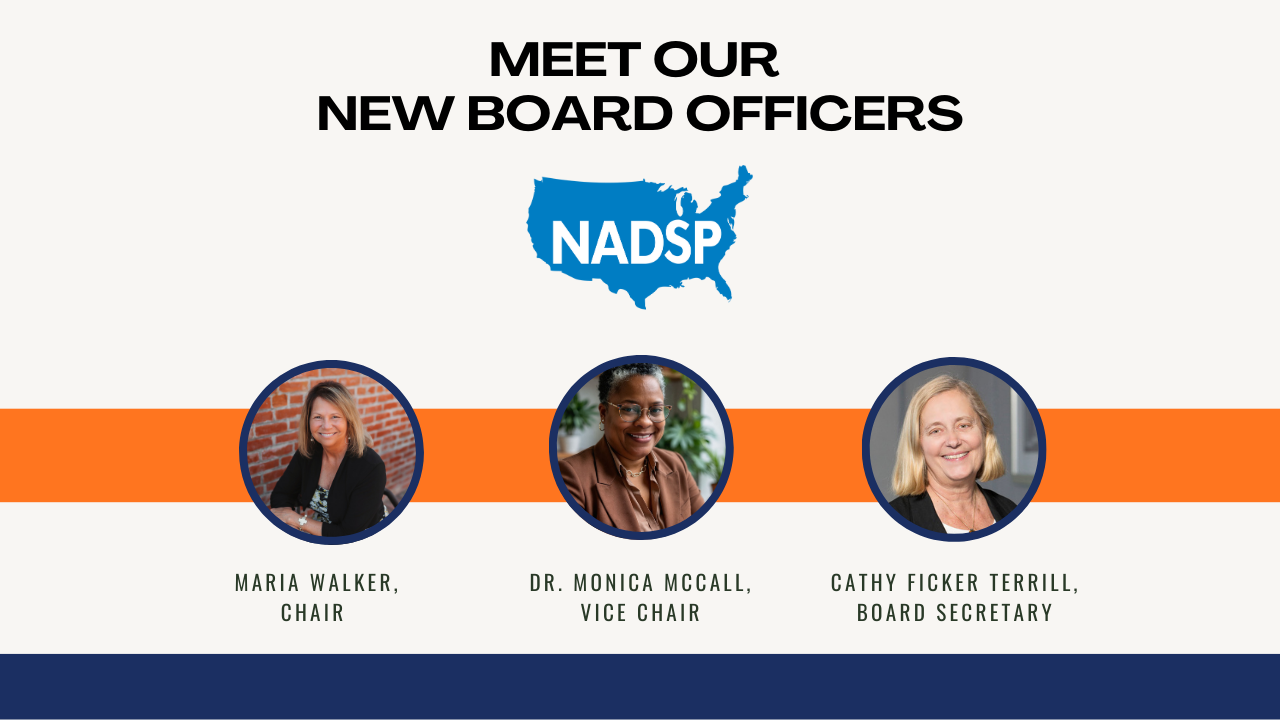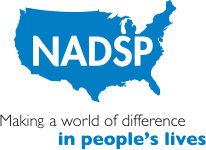
Don’t Dismantle What Works: The University Programs That Help People with Disabilities Thrive
Written by Joseph M. Macbeth
President and CEO, National Alliance for Direct Support Professionals
When President John F. Kennedy signed the legislation that would evolve into the Developmental Disabilities Assistance and Bill of Rights Act (DD Act), he envisioned a fairer and more just America, one that affirmed the rights of people with intellectual and developmental disabilities (ID/DD) to live full, self-determined lives in their communities. Sixty years later, the programs established under that law, State Developmental Disabilities Councils, Protection and Advocacy systems, and University Centers for Excellence in Developmental Disabilities (UCEDDs) continue to make that vision real.
With the release of the President’s Budget Recommendations for Fiscal Year 2026, there is reason for both hope and concern. Encouragingly, the Administration has responded to disability advocates. Programs previously slated for elimination, such as the State Councils on Developmental Disabilities and Protection and Advocacy systems, have been preserved. This reflects a welcome recognition from Secretary Robert F. Kennedy Jr. and President Trump of the disability community’s critical needs.
Yet, despite this progress, one alarming proposal remains: the elimination of UCEDDs.
UCEDDs are engines of innovation, training, and applied research in the disability field. They develop the next generation of disability leaders, researchers, clinicians, educators, and direct support professionals (DSPs). If there is one investment that should be protected above all, it is this national network.
These centers provide the technical infrastructure to address complex issues facing people with autism and developmental disabilities, including issues that Secretary Kennedy himself has emphasized. Eliminating UCEDDs will result in the elimination of the very expertise that the President and Secretary Kennedy are seeking to address the nation’s concerns regarding autism.
Across the country, UCEDDs are making real change:
- In Minnesota, the Institute on Community Integration developed the College of Direct Support, providing more than 145 hours of nationally recognized, high-quality training to millions of direct support professionals each day. For forty years they have provided critical data on the deinstitutionalization movement and informed this country’s commitment to community living options. They were key leaders with John F. Kennedy’s Reaching Up Foundation that created the National Alliance for Direct Support Professionals (NADSP), our organization that has provided these services, training and supports both domestically and in other nations.
- In Kansas, the KU Center on Developmental Disabilities supports inclusive education and advances autism research.
- In Missouri, the University of Missouri Kansas City Institute for Human Development (UMKC IHD) created Charting the LifeCourse, a groundbreaking framework for person-centered planning and systems transformation. Now used in more than 30 states, this model helps people with ID/DD articulate goals, build supports, and shape state policy across the lifespan.
- In Idaho, the Center on Disabilities and Human Development works with state agencies to improve access and service delivery.
- In North Carolina, the Carolina Institute for Developmental Disabilities at UNC Chapel Hill combines clinical service with training programs to strengthen the health and education workforce statewide.
- Maine’s UCEDD at the University of Maine brings interdisciplinary training to rural and underserved regions.
- In Montana, the Rural Institute at the University of Montana adapts services to rural contexts, helping families navigate disability and autism diagnoses where local resources are limited.
Each of these UCEDDs is grounded in its community, staffed by professionals who blend technical excellence with a deep respect for lived experience. And each now faces the threat of elimination.
That is why the disability community is united in urging Congress and the Administration to restore UCEDDs to the federal budget. These centers on excellence are not optional, they are essential.
Of course, the entire DD Act ecosystem deserves protection. The State Councils lead strategic planning and support self-advocates and families in shaping state systems. Protection and Advocacy agencies investigate abuse, uphold civil rights, and provide a crucial legal safeguard. We are pleased to see this funding restored. Yet, UCEDDs are the key third leg in this stool and must also be restored.
UCEDDs ensure that we are prepared for the future by training the workforce, advancing knowledge, and designing innovative solutions grounded in evidence and values.
The disability community recognizes the Administration’s willingness to listen. Secretary Kennedy’s increased engagement, and President Trump’s openness to dialogue, have not gone unnoticed. We were pleased to have witnessed Secretary Kennedy attesting to the effectiveness of UCEDDs, P&A and State Developmental Disabilities Councils, however we grieve the loss of the professional network if UCEDDs are eliminated
If these centers are defunded, we risk unraveling decades of progress at a time when their expertise is needed more than ever to address autism, neurodevelopmental care, aging with disability, and the long-term firmness of support systems. Let us remind Congress that disinvestment in UCEDDs affects real people, individuals with disabilities, their families, and the professionals who walk beside them. Let us stand for the programs that have stood for us.
And let us reaffirm the promise first made by President Kennedy, that people with disabilities will not be the victims of our neglect. Because we have come too far to turn back now.
We Need Your Voice
Stand for community. Stand for dignity. Stand for justice.
You May Also Be Interested In …

NADSP Policy Update: Federal Funding Update: FY2026 Appropriations and Potential Shutdown

NADSP Policy Update: Bipartisan Proposal Aims to Protect Essential Education Programs

Empowering People In Making Their Own Choices

